The Importance of Being a Diverse Athlete in Youth Soccer
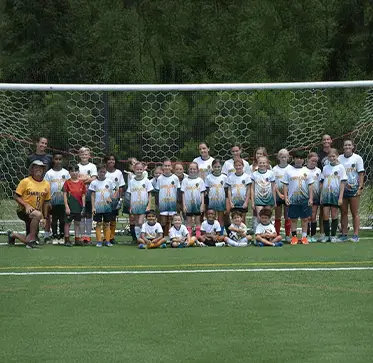
CRFC
NEWSLETTERS
NEWSLETTERS FOR OUR LATEST EVENTS
Early specialization has become increasingly prevalent in today’s youth soccer landscape despite ample evidence suggesting its drawbacks. Specializing in a single sport at a young age can lead to burnout, increased injury rates, and a less enjoyable experience for young athletes. To combat these issues, parents and coaches must encourage a more diverse athletic experience for children, ensuring their long-term health and development both on and off the field.
The Downside of Early Specialization
Burnout
Increased Injury Rates
Limited Athletic Development
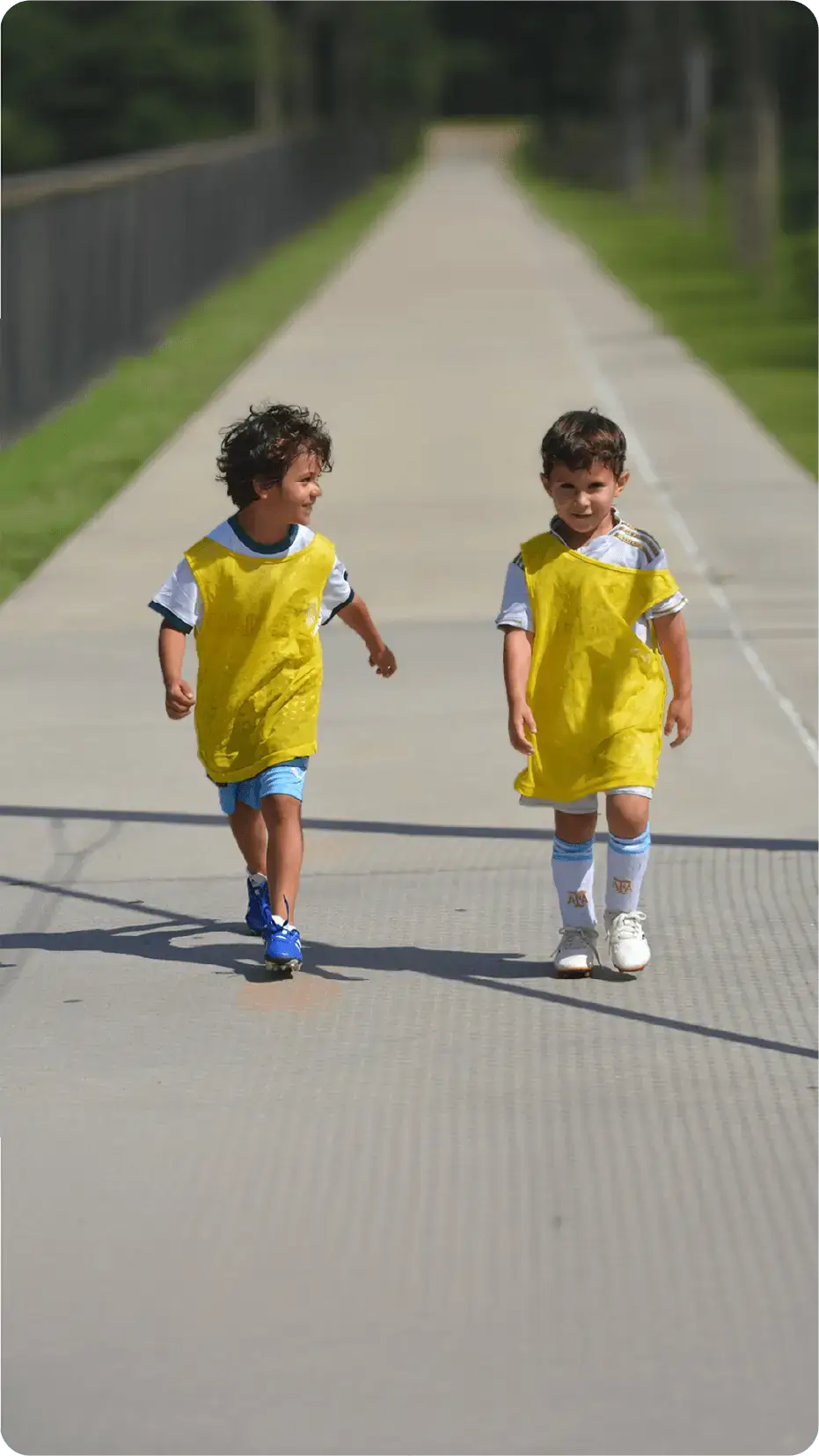
The Benefits of Being a Multi-Sport Athlete
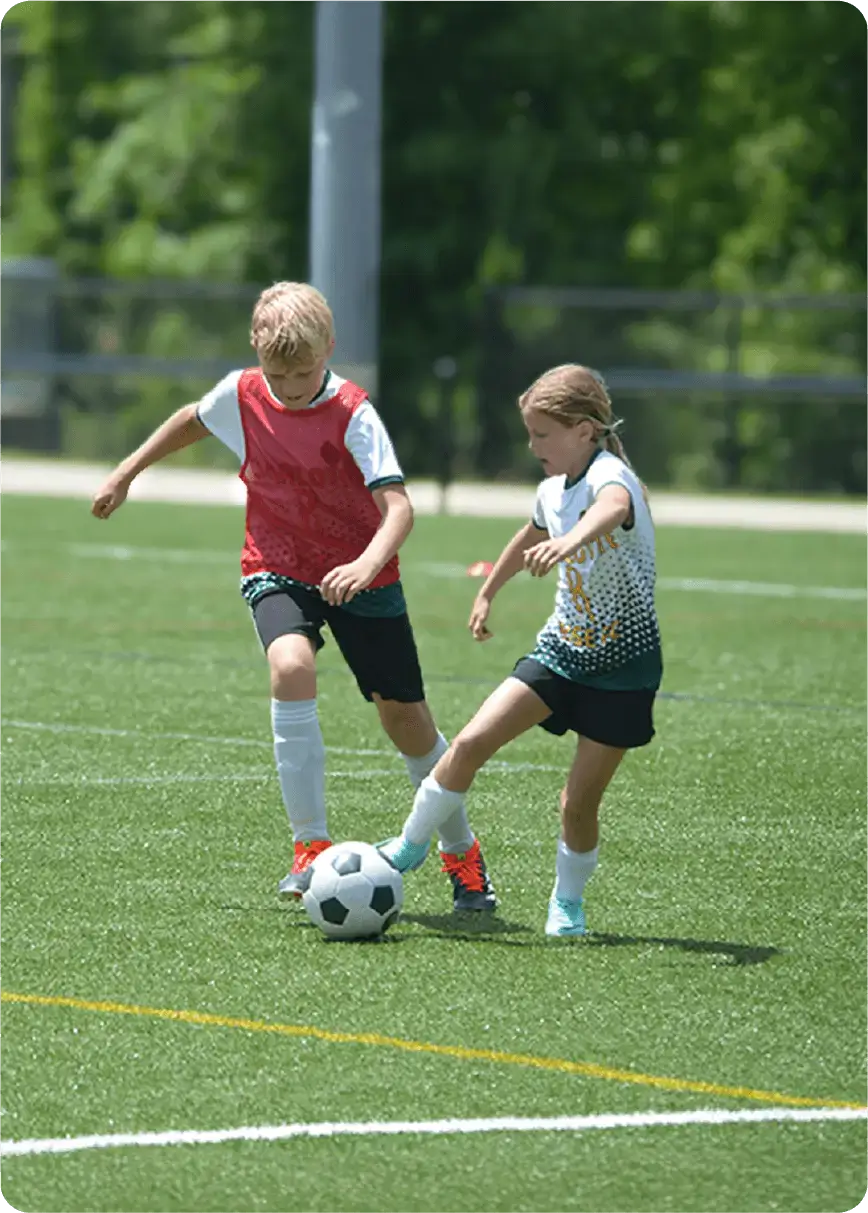
Improved Coordination and Motor Skills
Injury Prevention
Enhanced Enjoyment and Motivation
Becoming a Well-Rounded Soccer Player
Two-Footed Proficiency
Positional Awareness
Tactical Understanding
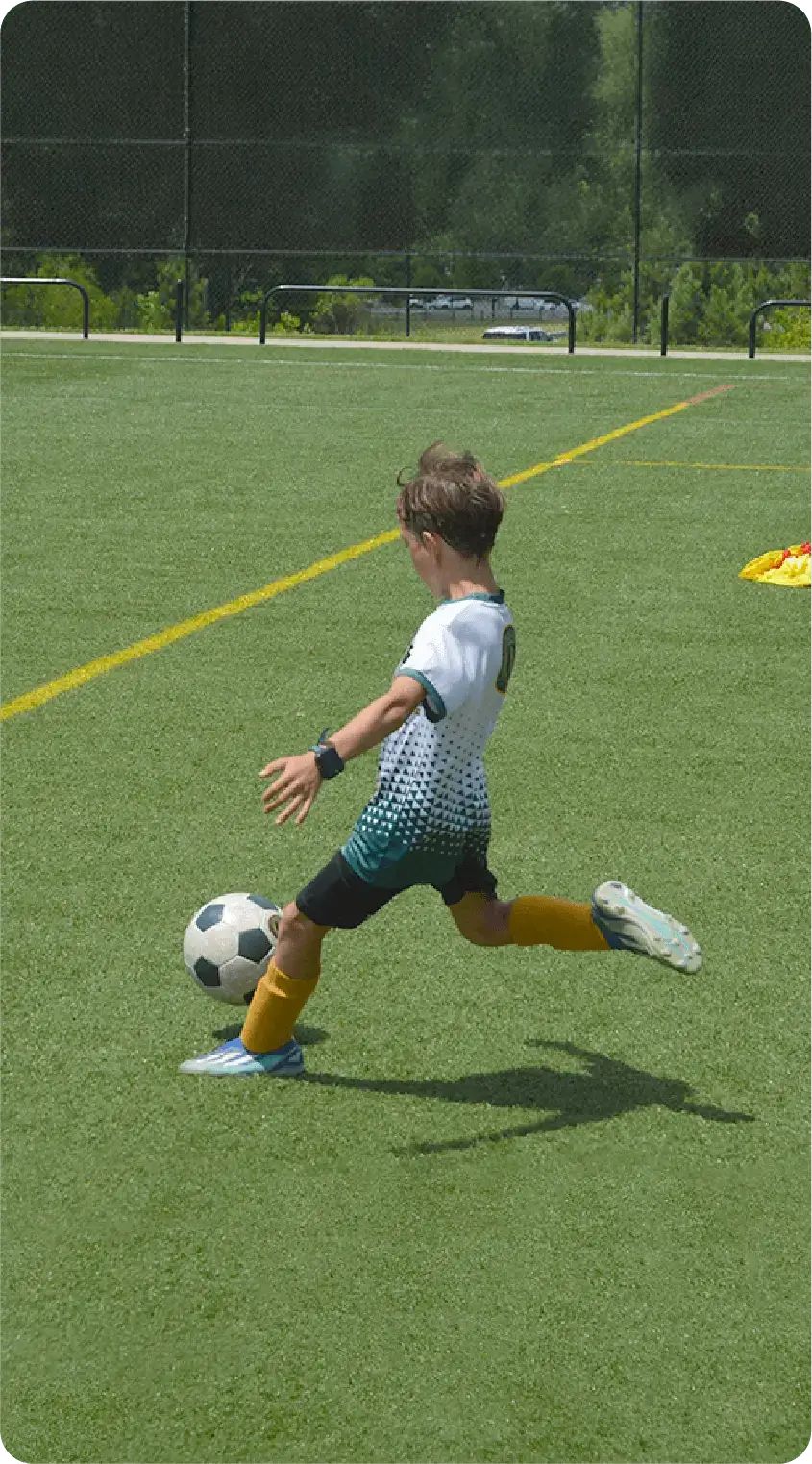
Parental Responsibility and Player Health
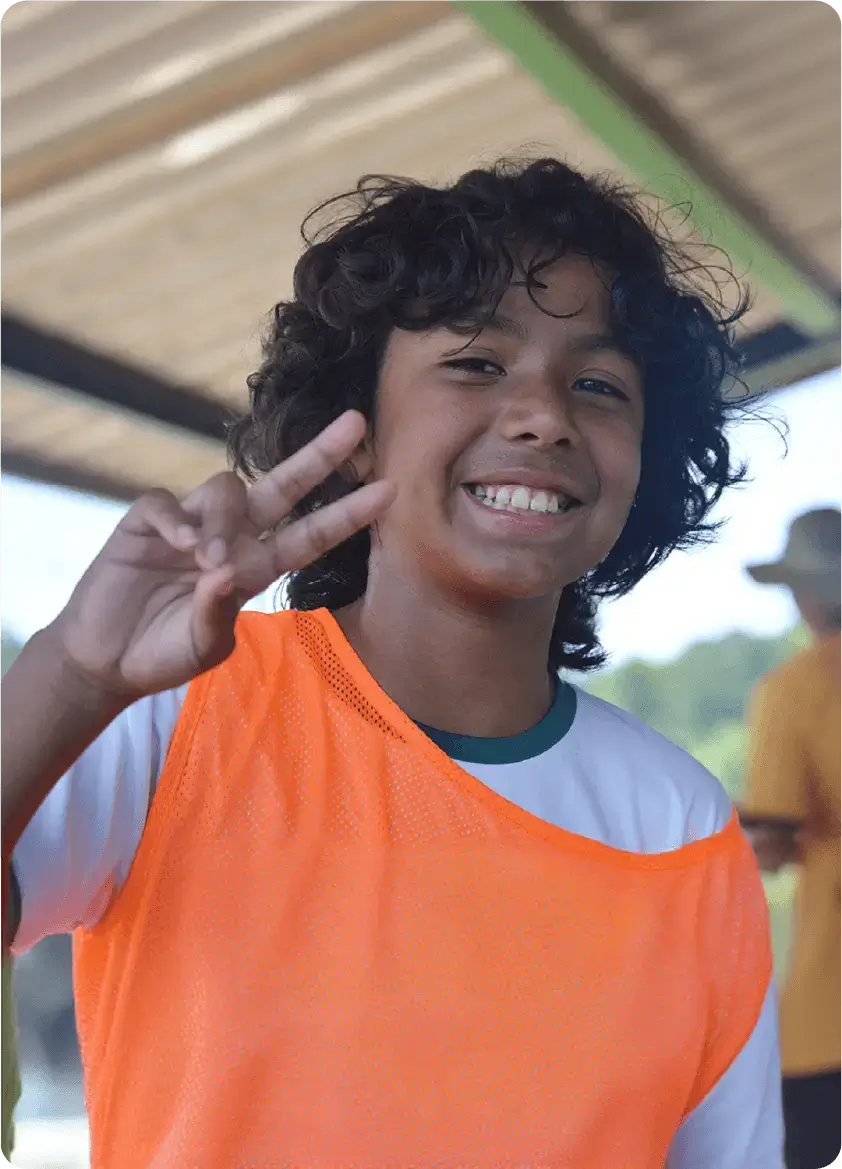
Ensuring Rest and Recovery
Parents must advocate for their child’s rest and recovery, even if it means challenging the club’s expectations. It’s vital to prioritize the child’s long-term health over short-term performance.
Monitoring Workload
Keeping track of training and game schedules helps prevent overtraining and ensures balanced participation across different sports.

